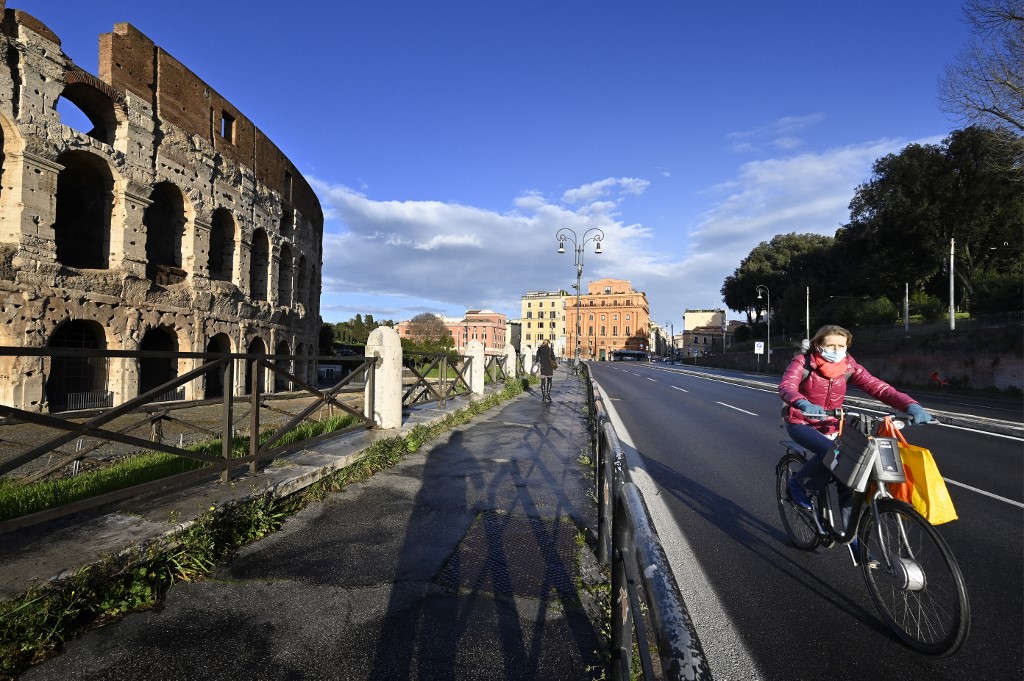Italy will reopen schools for younger students and ease the coronavirus lockdown on Rome and its surrounding region, the government announced on Friday.
The change will come into effect after the Easter holidays.
-I can confirm the decision ... to open [schools] until the sixth grade- Prime Minister Mario Draghi said during a news conference.
Classes for the lower grades will be allowed to reopen country-wide, even in higher-risk regions still classified as "red" under the most severe restrictions.
Current coronavirus curbs, which vary from region to region, expire on April 6, but all of Italy will be made a restricted "red" zone during the April 3-5 weekend.
Schools were closed in most of Italy on March 15, after the government introduced a partial shutdown to contain a third wave of infections fuelled by virus variants.
The class closures triggered a string of protests by students, parents and some teachers, with demonstrations in more than 60 cities on Friday.
Over the past 13 months, Italian students have had to put up with longer suspensions of face-to-face schooling than most of their peers in Europe.
Italy was the first country in Europe to face the full force of the coronavirus pandemic, and has so far reported more than 106,000 Covid-19-related deaths.
Health Minister Roberto Speranza said on Friday there were now "very early signs of a slowdown" in infection rates, allowing for some cautious reopenings.
The R rate, which measures how fast the virus is spreading, has fallen to 1.08 nationally, from 1.16 last week, said Speranza, who spoke alongside Draghi.
Furthermore, the weekly number of infections per 100,000 residents has fallen under the critical level of 250, the minister added.
Speranza said he would relax coronavirus restrictions in the Lazio region, which includes Rome, moving it from "red" to "orange" category, effective from Tuesday.
This will allow the resumption of face-to-face classes for students up to grade eight, and a relaxation of stay-at-home rules.
In "orange" areas, people are more free to move, but only within their municipalities, while bars, restaurants and museums remain shut.
